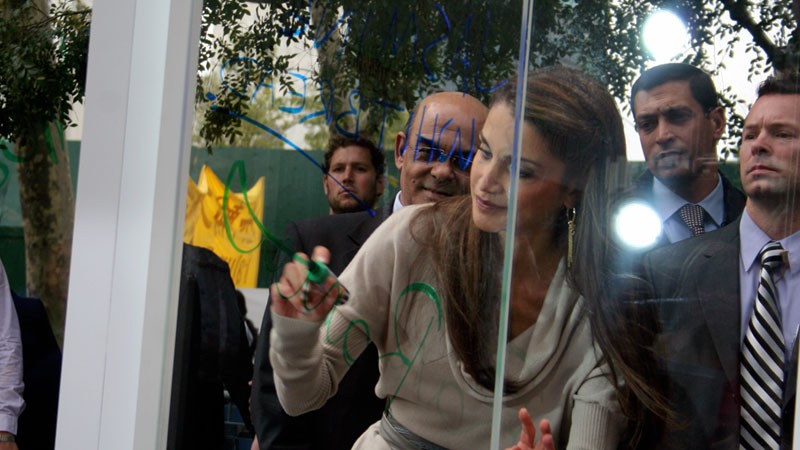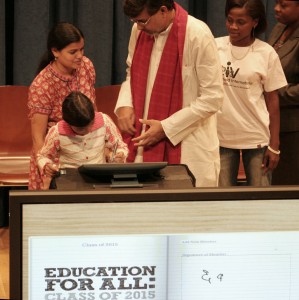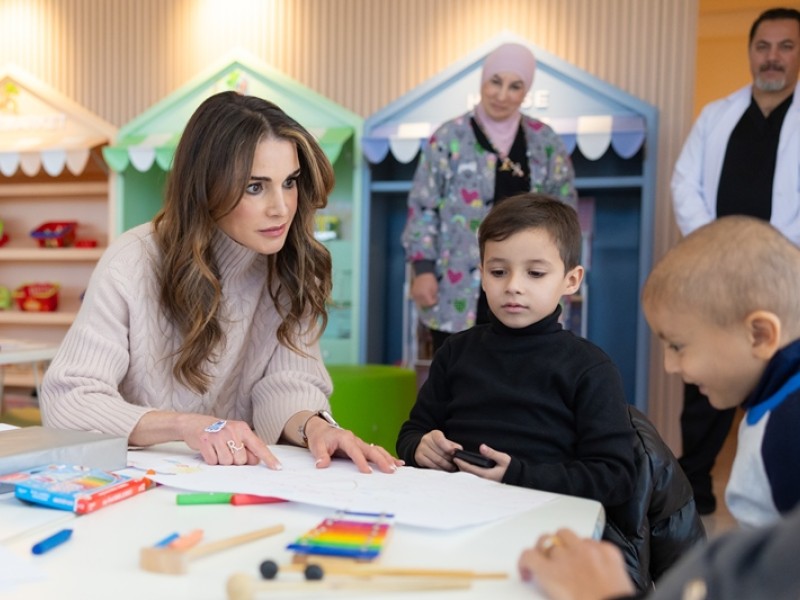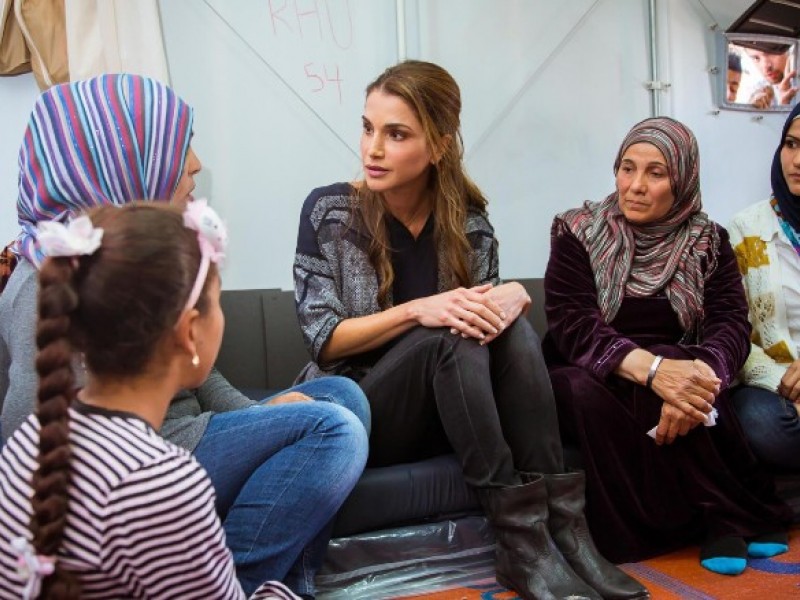New York City - What I Will Remember About this Week

(As it appeared in Slate)
It's not often that my morning starts with a really catchy tune, played live on a New York street corner by one of the coolest and most talented musicians around. But this one did. And it was all for a great cause. I can't wait to tell my eldest son, Hussein.
The musician was will.i.am, and he was helped by the wonderful Beninese singer Angélique Kidjo and apl.de.ap. The song was "In My Name," and the point of it all was to call on world leaders to live up to the promises they made in 2000 and to renew the world's commitment to ending global poverty. I listened to the song with Hind, a little Nigerian girl. She was a reminder of what all of this is for.
Check it out on YouTube. Sign your name and pass it on to your friends!
Since 2000, we've made some good progress on our promises: More children are surviving preventable childhood diseases, more are in classrooms, and there's more clean water to drink. But there's so much more to do and so little time to do it. And after hearing so many impassioned pleas from so many people this week—rock stars, ex-presidents, politicians, poverty specialists, NGO heads, etc.—I feel really fired up about this issue. We have got to make a difference, and we've got to do it now.
Half-promises are no good to people in need; half-promises are an injustice, especially to the millions of children in the developing world. They're relying on all of us to remember our common humanity, to remember our moral conscience, and to act.
I was reassured that Secretary-General Ban Ki-moon and former Irish President Mary Robinson were there to add their voices and names to this effort, because we must get this message into the halls of power and the ears of leaders.
From the corner of 47th and First, I dashed (as much as you can in New York traffic) to an interview with Fareed Zakaria, a man for whom I have a great deal of respect because he has a lot of insight into my region. And then onto the "Class of 2015: Education for All" pledge summit—another really important event. British Prime Minister Gordon Brown's leadership on this has been instrumental in its success. I was pleased at the heavyweights he has attracted: a coalition of charities, U.N. agencies, and governments. It bodes well for progress with purpose.
A little Indian girl, about the same age as my eldest daughter, Iman, stood up and, in a big voice, told her story to the room, which included the prime ministers of Britain and Australia, the president of the World Bank, humanitarians like Bob Geldof and Bono, global NGOs, and international advocates for education. The strange thing was that although it was translated after she spoke in her mother tongue, we didn't really need a translator to understand how she felt.
Little Devli Kumari was born into a stone quarry. Until recently, it was the only life she knew. She used to labor almost the entire day, because her family worked as bondage slaves. Looking at her fragile body and her small hands, I couldn't help but wonder how she had carried heavy, sharp, dusty stones for 20 hours a day, often on little or no food, little or no sleep. But I'll tell you this: Listening to her, I understood immediately.
This little girl has inner steel and determination way beyond her years. She looked these global leaders in the eye and told them that after escaping the quarry with the help of a humanitarian group, she started school. She's in the fifth grade now. Then she returned to her family's village and slowly but surely encouraged 15 other girls to enroll in school. She's 11 years old.
Her message to the audience was clear and simple: If she could walk around a village and persuade 15 girls to start school, why couldn't leaders with budgets and influence and networks and policymaking machines at their fingertips get 75 million children into school? A good question, indeed. I had tears of pride in my eyes listening to her then; I have tears in my eyes writing this now. Devli is not a girl you can say no to. And I will do my best to honor her strength.
By the end of the meeting, $4.5 billion was pledged to get children into school. I hope those who pledged live up to their promises.
This week I've met President Clinton, Prime Minister Brown, Secretary-General Ban, President George H.W. Bush, Liberian President Ellen Johnson-Sirleaf, Vice President Al Gore, Bono, Lance Armstrong, Mayor Rudy Giuliani, President Mary Robinson, President of the European Commission José Manuel Barroso, Ann Veneman of UNICEF, Fareed Zakaria, Bob Geldof, Ray Chambers, Whoopi Goldberg, and a whole host of others.
Still, it is Devli's story I will remember with most clarity. In her name, and the name of millions of children like her, I will fight to get all the world's children in school.
Heading home to Jordan tomorrow. Much to reflect on, much to act on.
مواضيع مختارة
موقع جلالة الملكة رانيا العبدالله الرسمي
هذا الموقع الإلكتروني لا يدعم متصفحات الإنترنت القديمة. الرجاء تحديث متصفح الإنترنت إلى نسخة أحدث من إنترنت إكسبلورر 9
متصفح الإنترنت الذي تستخدمه قديم. لتحسين مستوى الأمان عند تصفح مواقع الإنترنت و مشاهدتها بالشكل الصحيح و بفعالية افضل قم بتحديث متصفح الإنترنت الخاص بك





